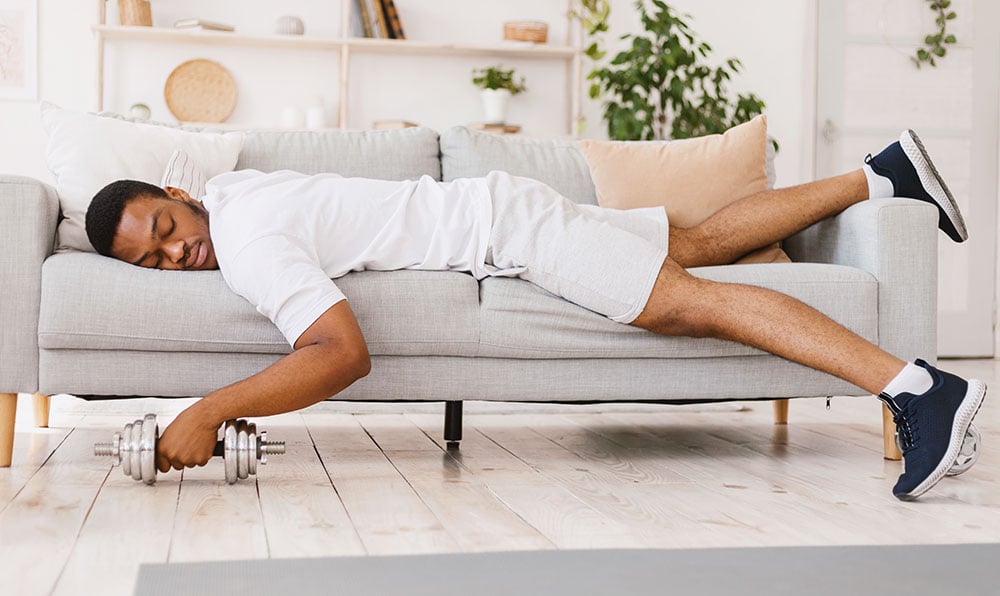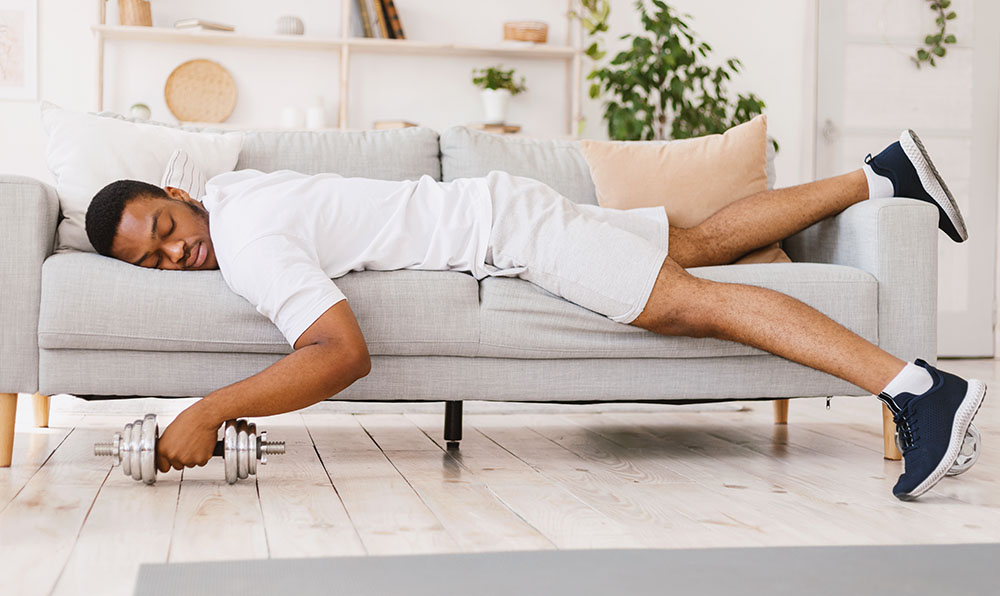It almost sounds too simplistic to say that movement is medicine, yet it perfectly summarizes the underlying truth about exercise.
Unfortunately, the notion that painkillers and other prescription drugs are the key solving all of our problems is enforced all too often. In reality, we would all reap great benefits in performing a little more movement in our daily lives. As Dr. Aaron Horschig once said, “Movement is the real medicine of life”.
Over the years I have heard many different myths regarding nutrition and exercise. Cutting out all carbohydrates is apparently the only way to lose weight (it's not) and squatting is bad for your knees (not true either). While often well intentioned, this sort of advice doesn't always tell the whole truth and is potentially harmful.
Suggesting squats are bad for your knees doesn't address the root cause. If you are experiencing pain and swelling around the knee joint, your doctor or therapist might tell you to avoid squatting. I wouldn't disagree; swelling is a cause for concern following any injury.
When swelling accumulates around the injured area and lingers for a while, it can create a whole host of problems such as decreased mobility, reduced strength and increased levels of pain or discomfort. By addressing this with the classic RICE (rest – ice – compression – elevation) approach, you hinder the healing process by disrupting the lymphatic system. Instead of attempting to prevent inflammation altogether, the focus should be on assisting your lymphatic system through movements that will aid in reducing the swelling.
With this in mind, avoiding squats all together doesn’t seem to be the correct course of action. You’re not only delaying your recovery, but also causing further damage with muscle atrophy and loss of mobility.
Going down the path of elimination can lead to an unsustainable lifestyle that is detrimental to both your mental and physical health. This is especially true for exercise. When you start to avoid specific movements, you slowly start to lose the ability to perform the movement correctly.
You can imagine how without the ability to squat, your quality of life would be significantly reduced. Now, even the most trivial of movements such as standing up from the couch or sitting on the toilet, become a challenge. As you get older, this loss of functional movement compounds until you become dependent on walking aids and other people.
The good news is that it is never too late for anyone to begin exercising. There are hundreds of variations of exercises to choose from and performing even the most rudimentary progression of a movement is better than doing nothing. I always say that if you could give people a pill that would allow them to experience what it feels like to be in good physical condition for one hour, they would begin to workout consistently for the rest of their life.
Unfortunately, this magical pill does not exist and the path to achieving results can be a difficult one to follow. But I promise you that if you start moving a little bit more every day, you will not regret it. One workout may not generate lasting results, but a few workouts every week for a year would have an incredibly positive impact on your day-to-day life.





